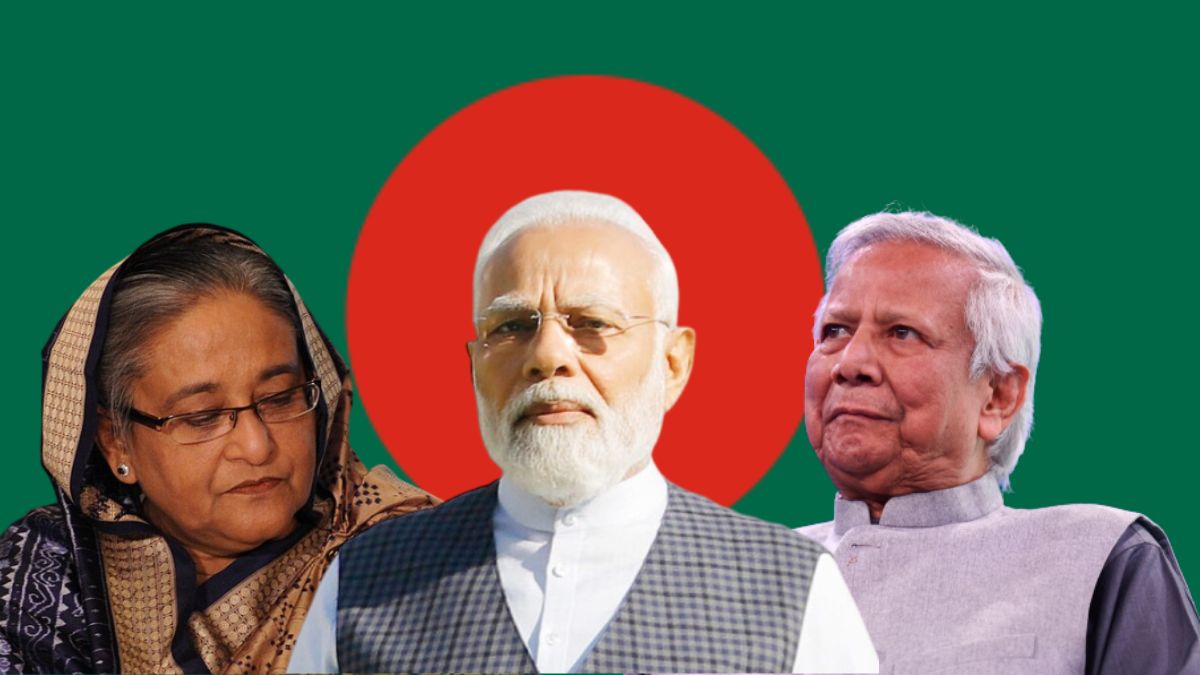India’s Foreign Secretary Vikram Misri on Tuesday (October 7, 2025) said that issues surrounding former Bangladesh Prime Minister Sheikh Hasina’s stay in India are “judicial and legal” in nature and will require “consultations” between the two neighbours.
Addressing members of the Diplomatic Correspondents Association, Bangladesh, in New Delhi, Misri said, “We are examining these issues. We look forward to working together with the Bangladesh authorities on these issues.”
His remarks come amid Dhaka’s formal request for Hasina’s extradition, months after she fled to India during anti-government protests that rocked Bangladesh in August 2024.
Why did Dhaka seek Hasina’s extradition?
On December 23, 2024, Bangladesh’s interim government, led by Chief Adviser Muhammad Yunus, sent a note verbale to India’s Ministry of External Affairs seeking Hasina’s return to face the “judicial process.”
The move followed the former prime minister’s self-exile to New Delhi after violent demonstrations forced her Awami League government from power.
A spokesperson for Yunus’ government said, “We want our relations with India to be based on fairness, equality, and dignity.” The statement reflected growing unease in Dhaka over what it perceives as New Delhi’s reluctance to distance itself from the ousted Hasina.
How did Hasina’s shelter in India strain Bangladesh ties?
Earlier this year, Chief Adviser Yunus had accused India of “backing Hasina,” alleging that New Delhi’s support for her regime had strained bilateral relations.
“They are hosting Hasina, who created all the problems and killed young people to quell protests,” Yunus had said, referring to the violent crackdown on demonstrators in 2024.
The political turmoil in Bangladesh has reshaped the dynamics of India’s eastern neighbourhood, raising questions about regional stability, cross-border migration, and India’s strategic calculus in the Bay of Bengal region.
Why does India stand for democracy over favouritism in Bangladesh?
Rejecting reports that India was attempting to reinstate Sheikh Hasina or her banned Awami League, Misri clarified that New Delhi supports only an early and credible election in Bangladesh.
“I want to be very, very clear on this one matter,” Misri asserted. “India is firmly in favour of free, fair, inclusive, and participatory elections in Bangladesh. And it is in favour of these elections being held at the earliest possible time.”
He further added that India “remains ready to engage with any government that emerges from this election with a popular mandate,” signalling New Delhi’s intent to maintain pragmatic engagement with Dhaka, regardless of its political leadership.
